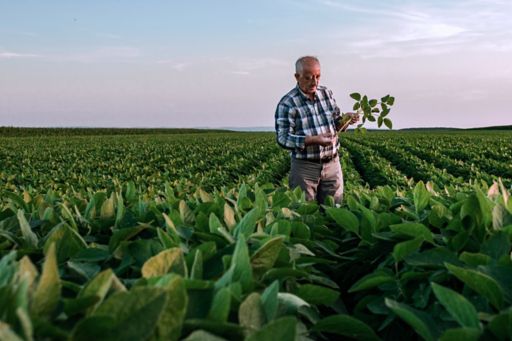Improving bilateral relations between Australia and China is a welcomed sign for Australian wine makers and wine growers, but investment and trade diversification should remain a focus.
Australian winemakers have welcomed the news that Beijing will review the anti-dumping tariffs that have impacted Australian exporters for the past 3 years.
The tariffs – which were instituted in 2020 and added as much as 220 percent to the cost of Australian wine imported into China – effectively halted an export flow of wine that had been worth more than $1 billion per year.
The tariffs were the subject of a World Trade Organisation dispute between the two countries, but China’s announced review of its wine tariffs will probably end this dispute.
For its part, Australia has agreed to lift its own anti-dumping tariffs applied to imports of Chinese-made wind towers.
The wine tariffs were part of a range of trade restrictions that Beijing applied to Australian products in 2020, affecting $20 billion worth of Australian exports of coal, copper, sugar, cotton, red meat, barley, wine, seafood, timber, and hay.
If the wine tariffs are lifted, the only remaining trade restrictions will be technical bans on Australian lobster, hay, and beef from some processing facilities.
Bilateral relations between Australia and China
The announcement comes as there are other signs of improving bilateral relations between the two countries.
Another anti-dumping tariff applied to Australian barley exports was lifted in August, and prime minister Anthony Albanese has announced he will visit Beijing in November 2023 to meet with Chinese president Xi Jinping and Premier Li Qiang.
This will mark the first such visit since Malcolm Turnbull’s trip in 2016.
These developments can be seen as a win for the Government’s ‘Co-operate where we can, disagree where we must’ approach to bilateral relations.
However, it is likely that any further progress will depend on how each side interprets its strategic interests.
Most analysts interpret these developments as a positive sign for bilateral commercial relations, including in clean energy and other areas of economic complementarity.
However, neither China nor Australia’s underlying understandings of national interests and values have changed.
As such, security tensions and the broader global environment of growing geopolitical competition and mistrust mean Australian businesses should stay alert to geopolitical risk, and maintain a diversified approach to investment and trade where they can.
How KPMG’s wine industry specialists can help
KPMG’s wine specialists have a strong understanding of the challenges faced by the wine industry in Australia and how they might position themselves to capitalise on the potential of the China export market reopening for wine.
Along with KPMG’s food and agribusiness team, we provide advisory services and technology solutions to businesses across all areas of the wine industry.
Get in touch
Find out how KPMG's wine industry consultants can help your business grow.
Tim Mableson
SA Clients & Markets Lead Partner, Deal Advisory | National Wine Advisory Lead
KPMG Australia





